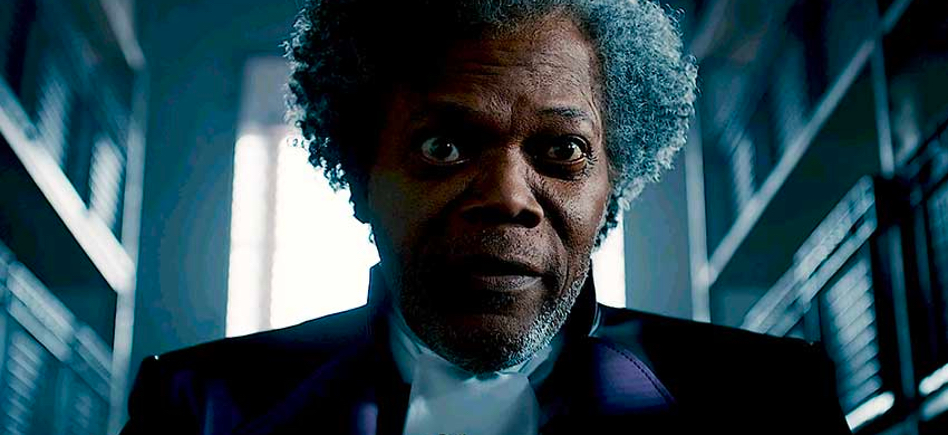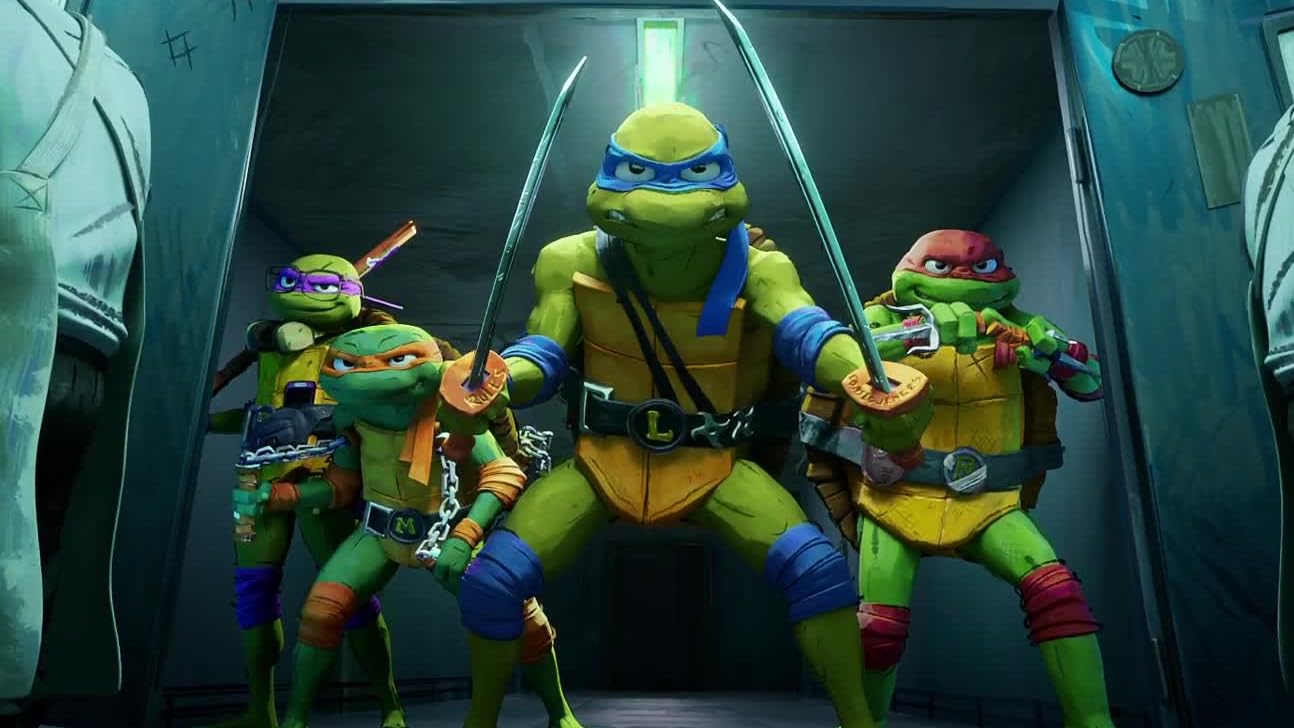
Glass is the completion of M. Night Shyamalan’s superhero trilogy that also consists of 2000’s Unbreakable and 2016’s Split. While Glass’ screenplay suffers from a number of contrivances that easily could have been fixed, Shyamalan’s execution still manages to make the film an overall success.
Bruce Willis is underused (most likely for budgetary reasons) as the indestructible David Dunn, but costars James McAvoy and Samuel L. Jackson more than make up for it. Playing a character suffering from a fantastical case of Dissociative Identity Disorder, McAvoy is a marvel to witness. He effortlessly jumps from one personality to another in long, single takes, creating something more awe-inspiring than any visual effect could ever produce. Jackson is cold, calculating, and oddly sympathetic as the title character: a criminal mastermind with bones so fragile they could break with only the slightest amount of pressure or force.
As a director, Shyamalan knows how to engage his audience and keep them in suspense with a slowly building and precisely controlled pace. As a writer, he’s still more concerned with catching us off guard and shocking us than he is with creating a script that can’t be picked apart after the movie is over.
(SPOILER ALERT!) The film has two major plot twists that are revealed towards its end. The first is a great and shocking one that pulls the entire universe together. The second is jagged and tacked-on, sloppily sending the film off in an entirely new direction in its final moments. It’s a part of the story that should have been developed throughout the film rather than quickly explained at its very end.
Shyamalan is ultimately guilty of trying to put too many things into one movie with Glass. However, it’s a testament to his talent as a director that the film overcomes its faults and still manages to be a successful and satisfying conclusion to the trilogy he started nearly twenty years prior.
GRADE: B



